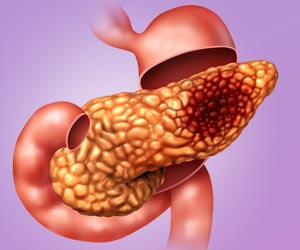Study supports the use of venetoclax prior to transplant as a way to increase the chances of transplant success in patients with high-risk myeloid cancers.

‘Targeted drug venetoclax use in transplant conditioning regimen was found to show promise in myeloid cancers. ’





While a donor stem cell transplant can cure myeloid malignancies such as acute myeloid leukemia (AML) and myelodysplastic syndrome (MDS), patients whose tumor cells carry certain genetic mutations or chromosomal abnormalities have a high risk of relapsing after transplant. A variety of approaches to lowering the chance of relapse are under study. One involves using venetoclax, which prompts cancer cell death by blocking the BCL-2 protein, as part of the conditioning regimen patients receive in preparation for a donor stem cell transplant. The new study focused on patients who underwent reduced-intensity conditioning regimens, which use lower, less toxic doses of chemotherapy and radiation therapy. While such regimens kill fewer cancer cells than traditional "myeloablative" treatments, they are milder on the body and are used in patients over age 60.
"In previous research, we have shown that adding venetoclax to leukemia drugs produces a very large increase in anti-leukemia activity," Garcia remarked. "We hypothesized that venetoclax would promote the anti-leukemic effect of conditioning chemotherapy and therefore reduce the risk of relapse without producing undue toxicity."
The study involved nine patients with high-risk AML or MDS who were recommended for a donor stem cell transplant. In a phase I clinical trial, they received venetoclax along with the chemotherapy drugs fludarabine and busulfex as a conditioning regimen and then underwent a donor stem cell transplant.
"We found that venetoclax can be safely added to standard reduced-intensity conditioning without impeding the ability of donor neutrophils [a type of white blood cell] to engraft," Garcia stated.
Advertisement
Source-Eurekalert










